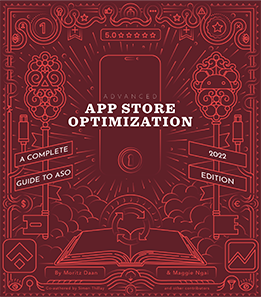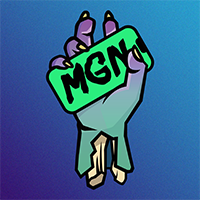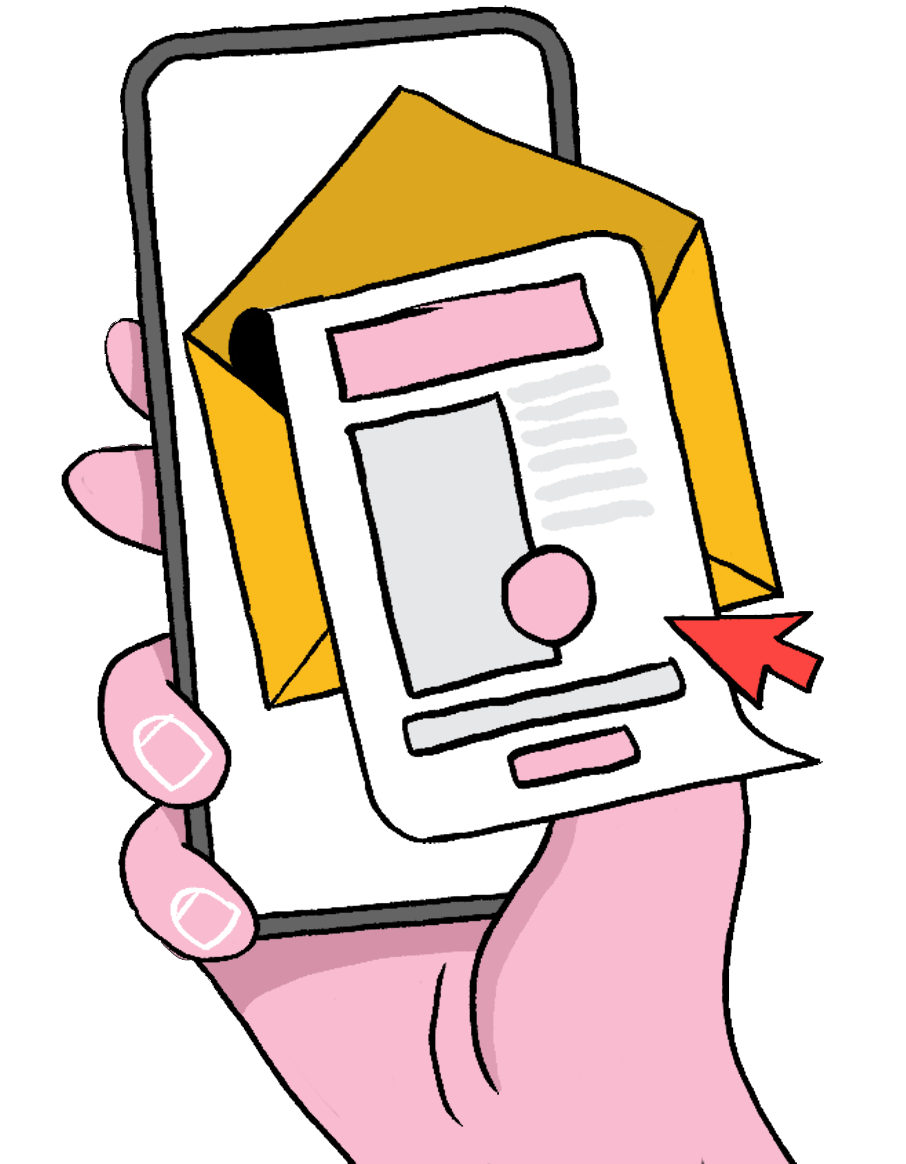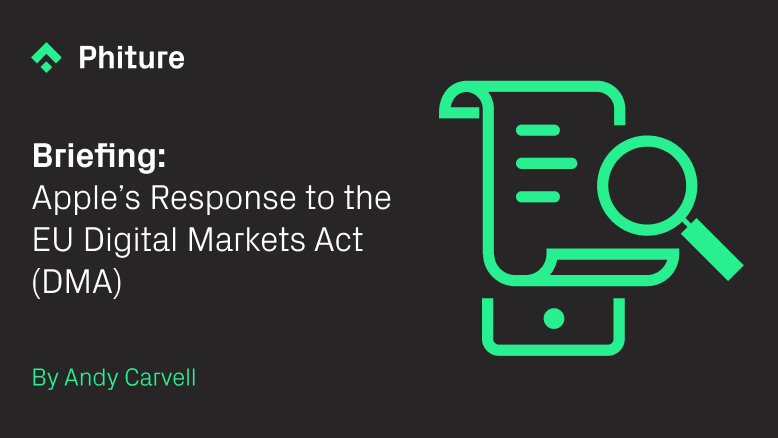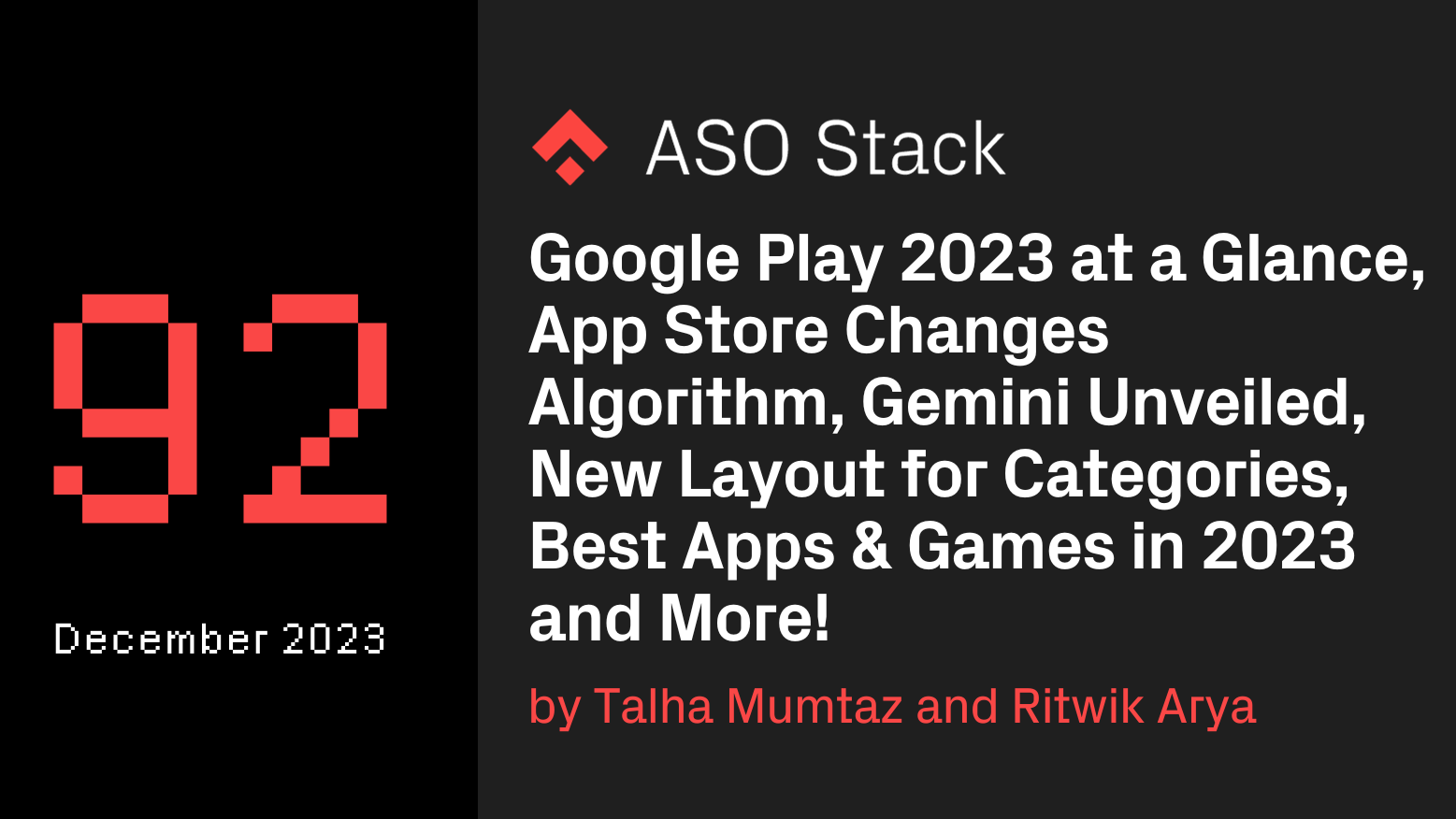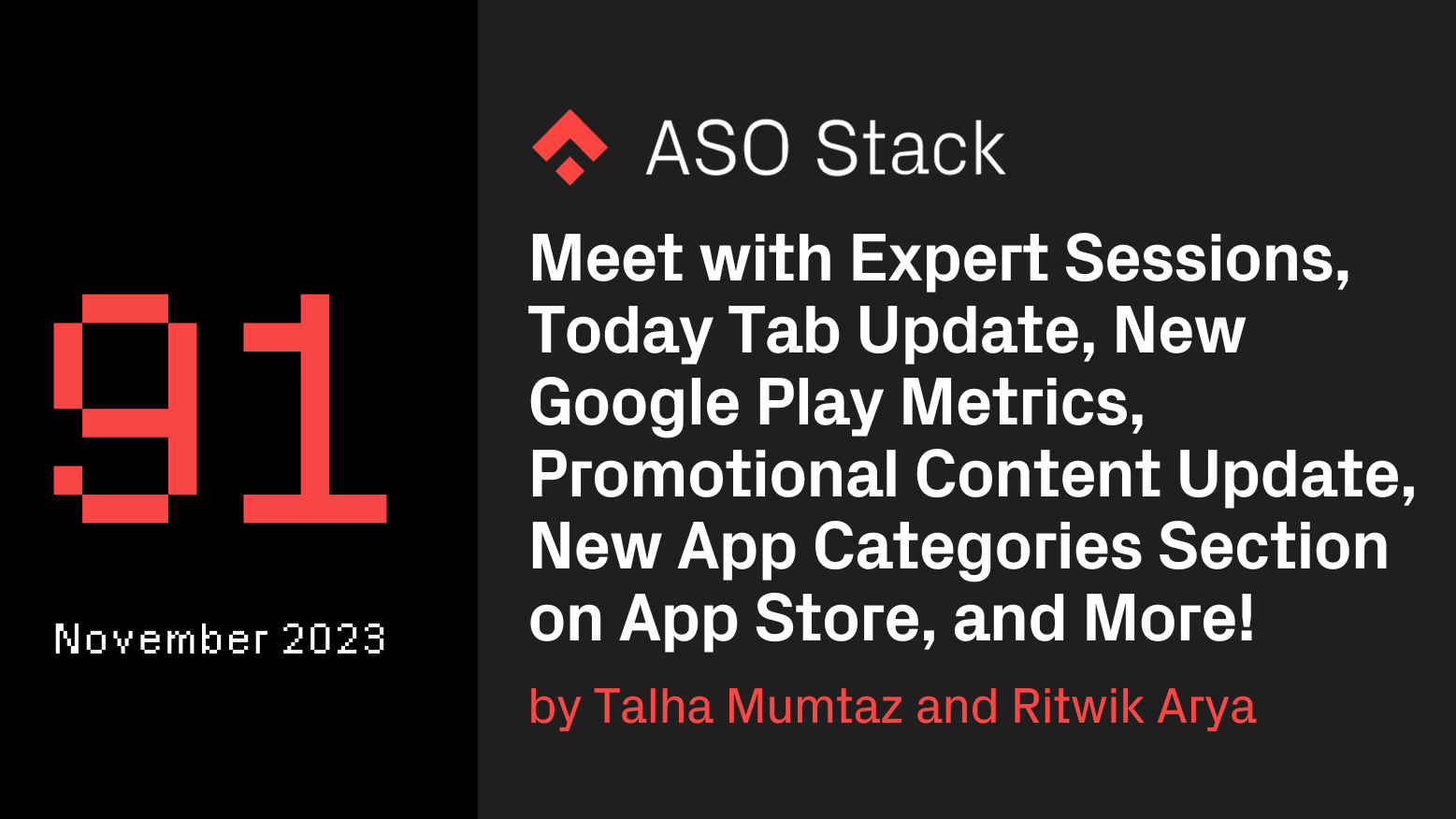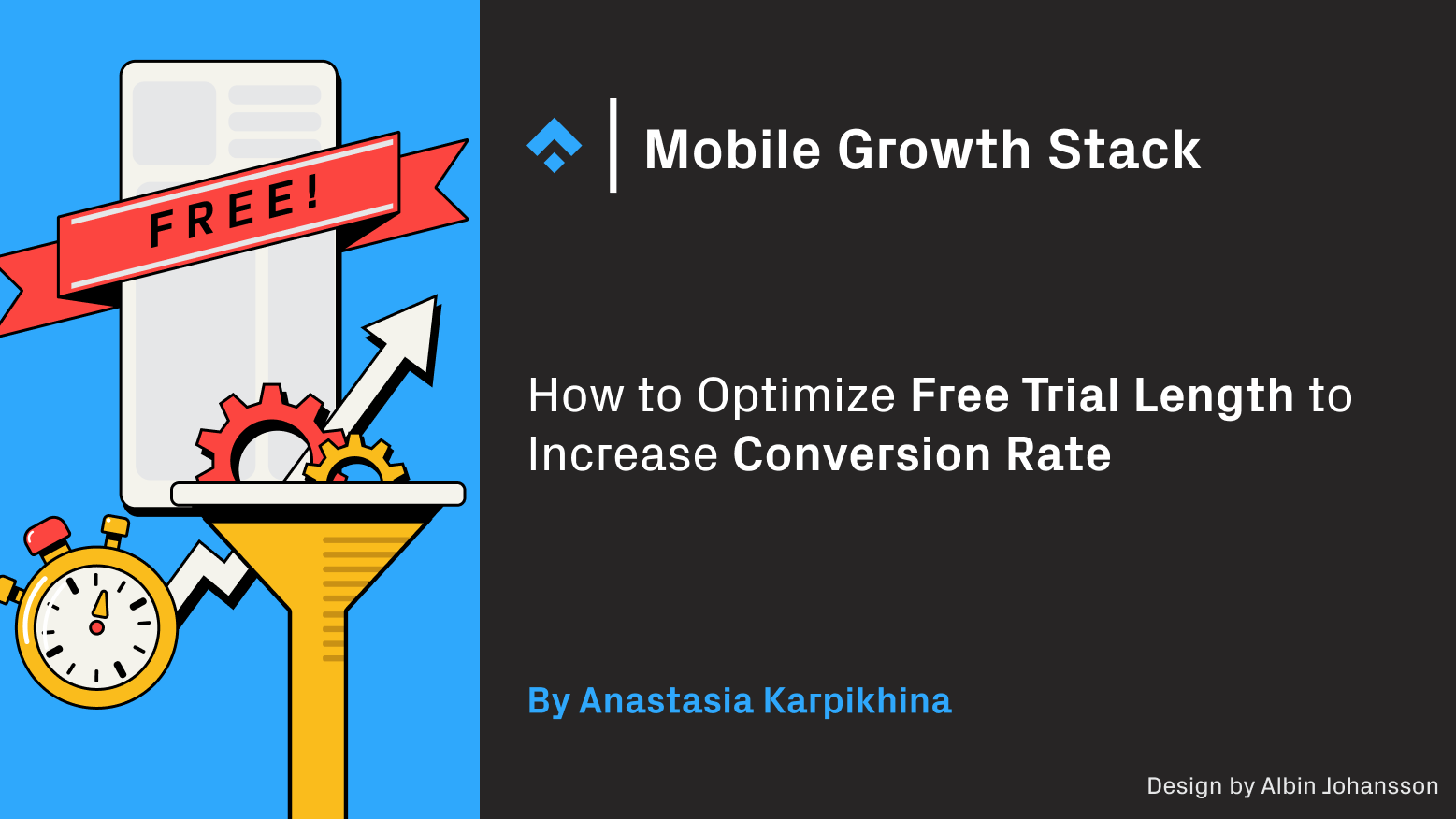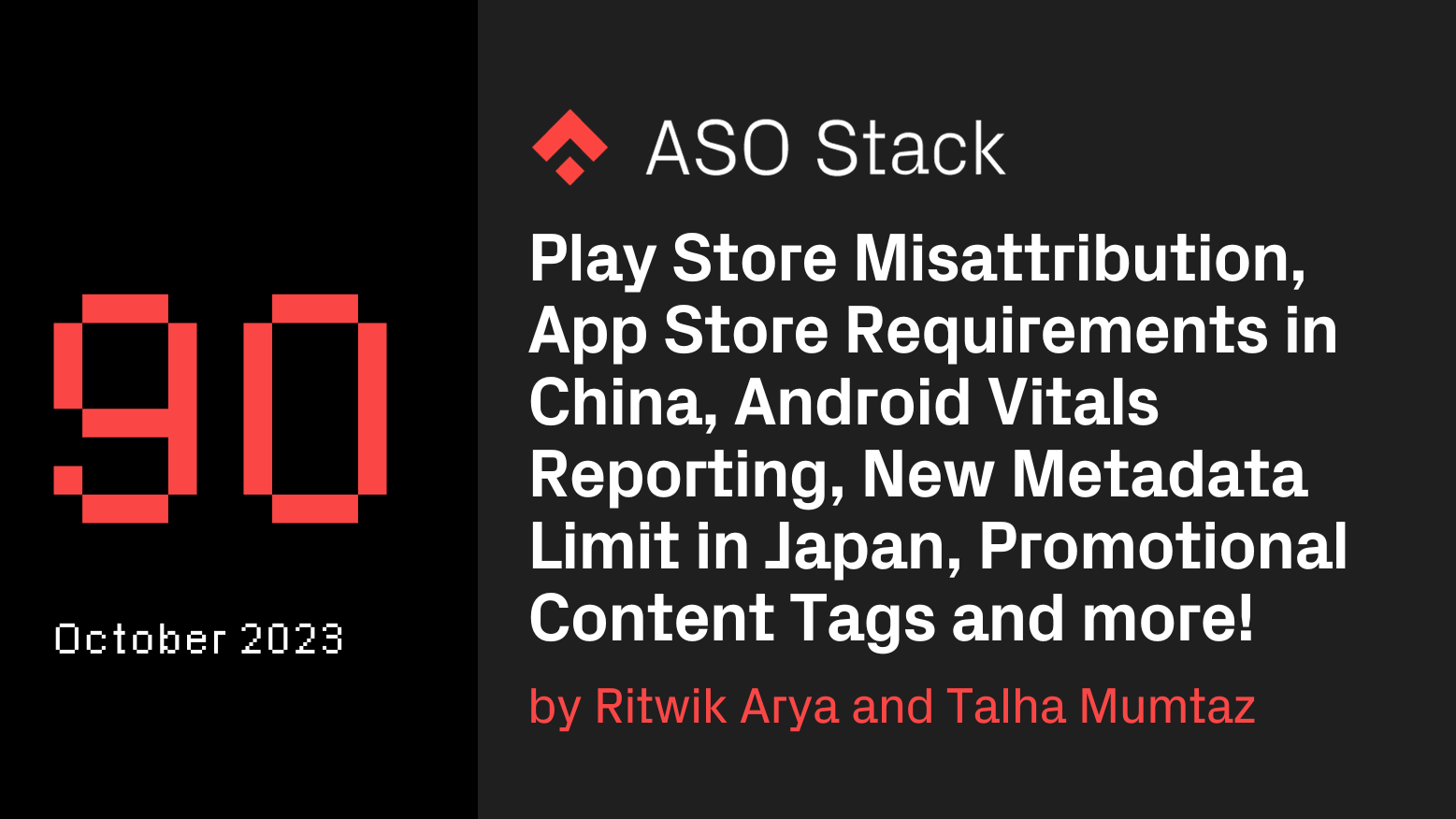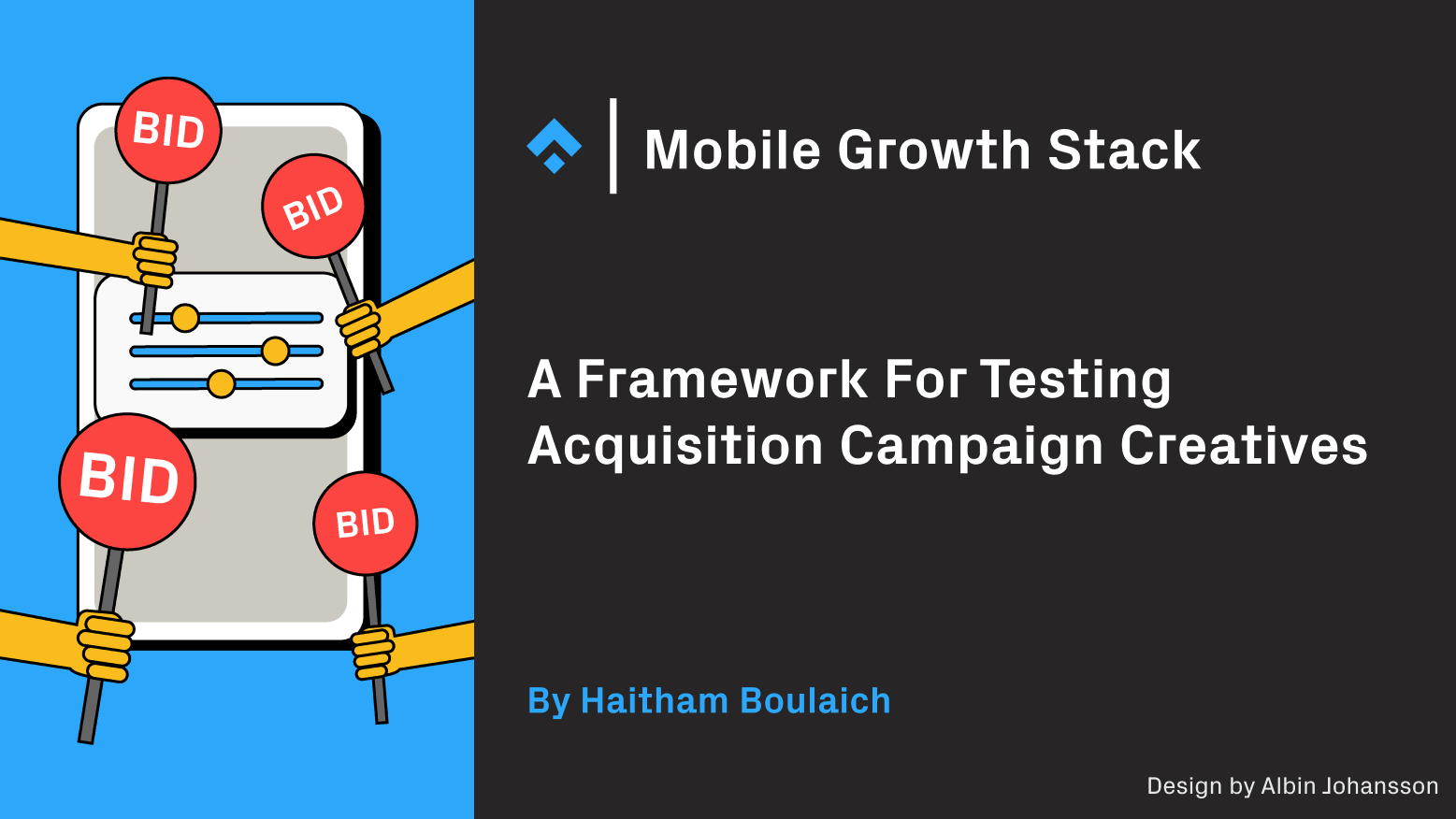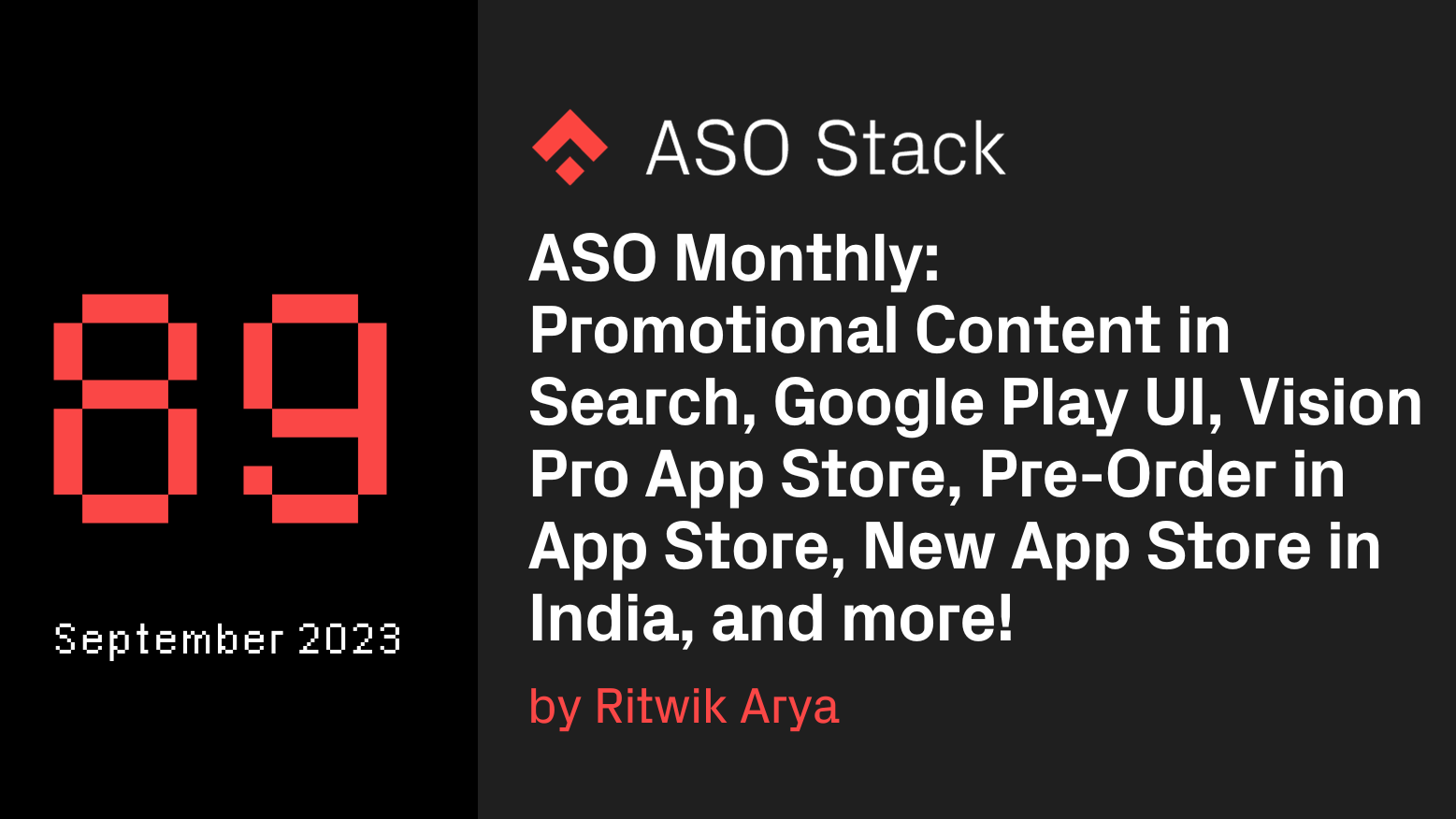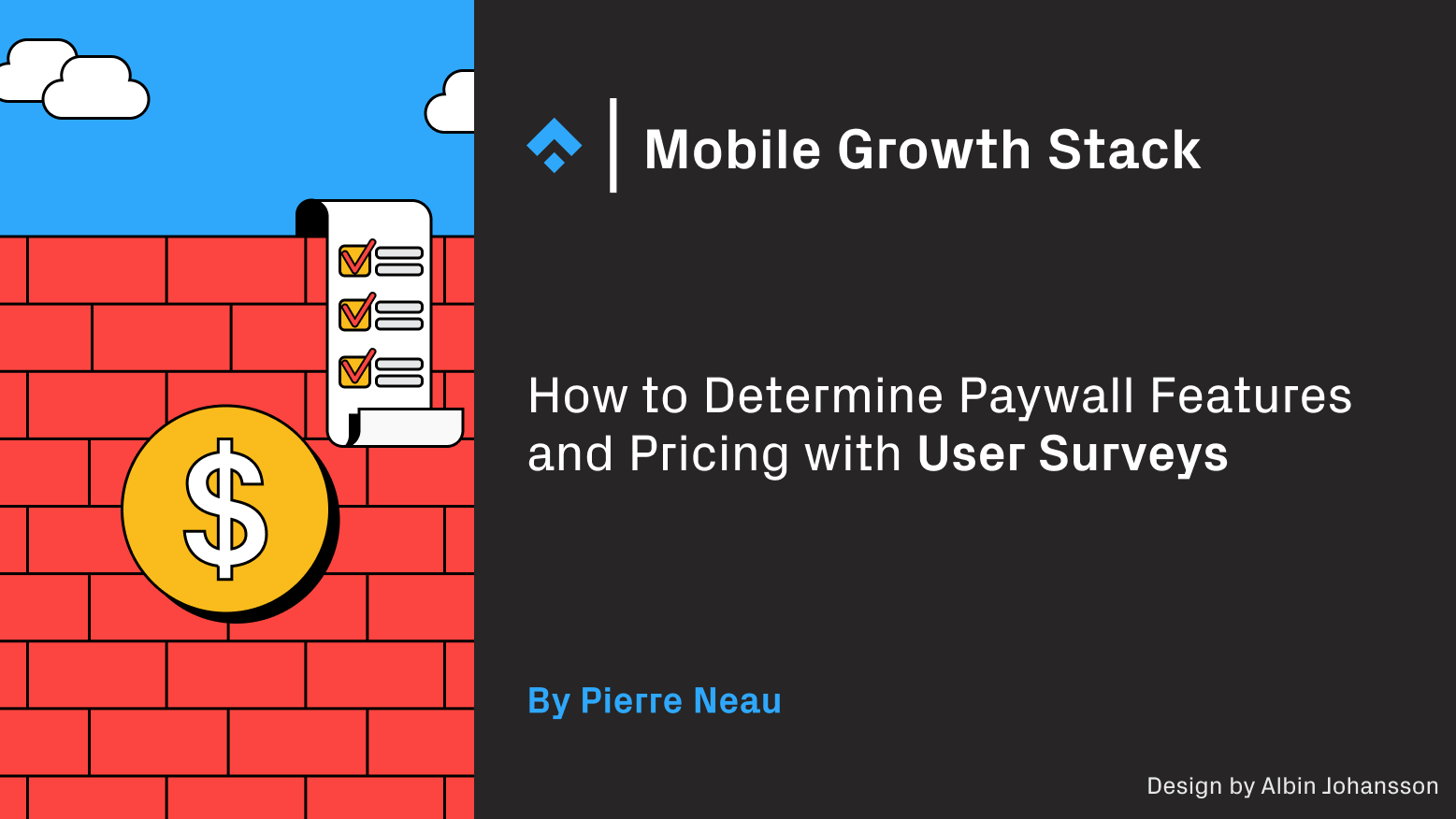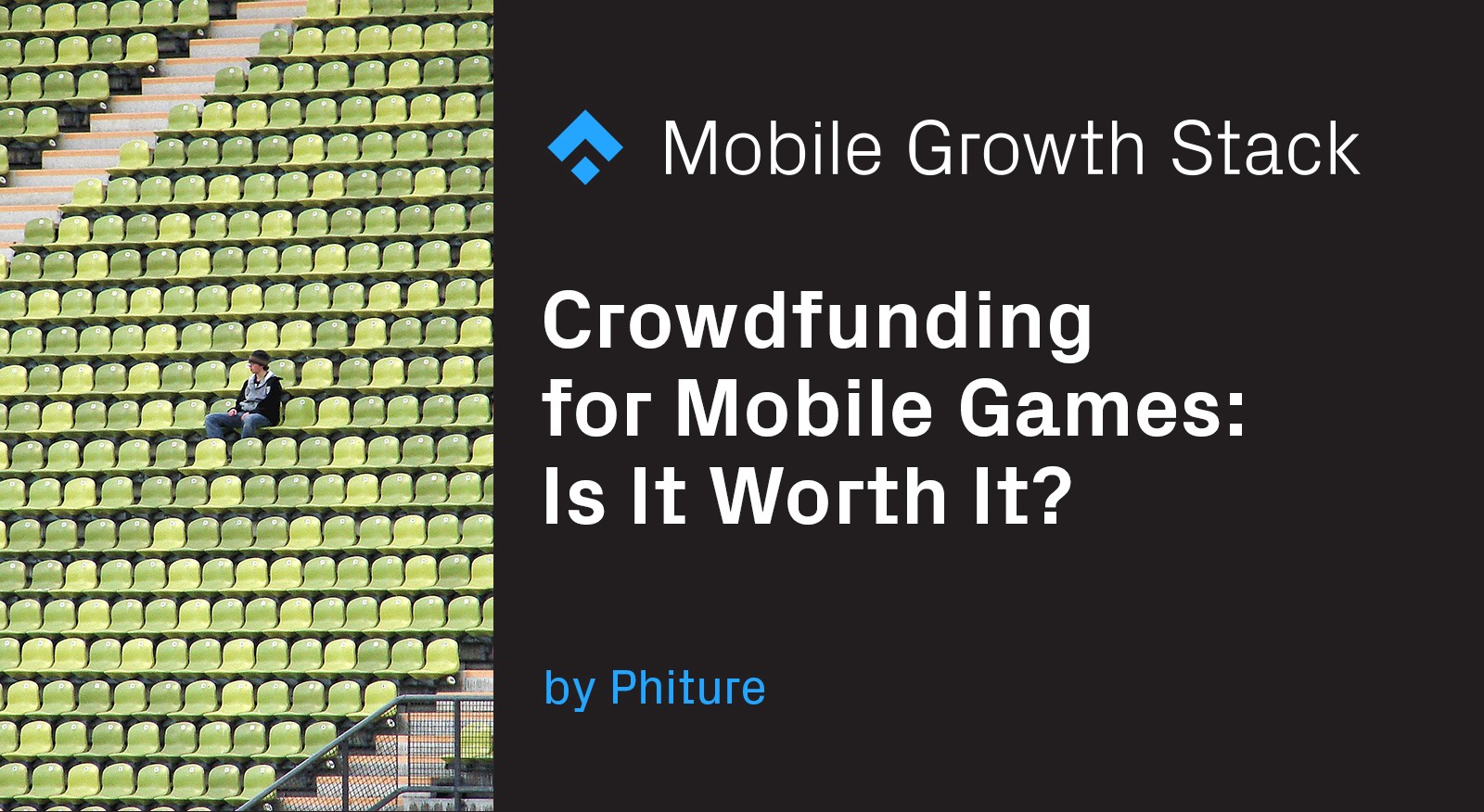
With more than 20,000 games released in the App Store per month, getting discovered is tough for new mobile games. But what if players knew about the game in advance and actively anticipated its launch as fans?
This is the promise of crowdfunding campaigns that have helped to build and grow engaged fan bases for a variety of digital entertainment products: books, movies, music albums, video games, among others. But does it work for mobile games?
A look at the numbers
Let’s take a look at the biggest crowdfunding platform, Kickstarter. In the traditional video games category, 8 projects raised over 1 million USD and 167 projects managed to raise between $100K and $1M.
Unfortunately, these numbers don’t translate to mobile games. The app stores’ dominating model is free-to-play (freemium or ad-funded) which has led to a devaluation of apps from the users’ perspective. The average paid mobile game costs less than 50 cents. Since mobile games are supposedly ‘free’ (no matter the actual development cost) — why would users help fund one?
However, there have been a few exceptions over the years. So far, only one mobile game has been able to reach a goal above $100,000: Lil BUB’s HELLO EARTH — a game based on, and endorsed by, internet celebrity cat Lil Bub (who has 2.7M Facebook fans).
In total, only 29 games successfully reached a funding goal between $1K and $100K, another 57 raised between $1K and $10K. (Non-gaming apps seem to be doing a bit better, especially in the education sector: 138 apps managed to raise funding between $10K and $100K.)
Overall, there have been 133 successfully funded mobile games on Kickstarter, with Lil BUB rallying the largest number of supporters at 2,400. Only one other mobile game, Arcana, managed to get over 1,000 people to back its campaign. The majority of successful titles have fewer than 500 backers.
Promo video for Lil BUB’s Hello Earth — the highest funded mobile game on Kickstarter to date
An arcade game like Lil Bub caters to a casual audience it managed to leverage its huge reach, so that the ratio of USD raised per backer is at a relatively low at $62. More mid- and hardcore games, such as Prosperity Italy 1434 or Sandigma, raised close to $500 per backer — that’s 1,000 times more than the average mobile game costs!
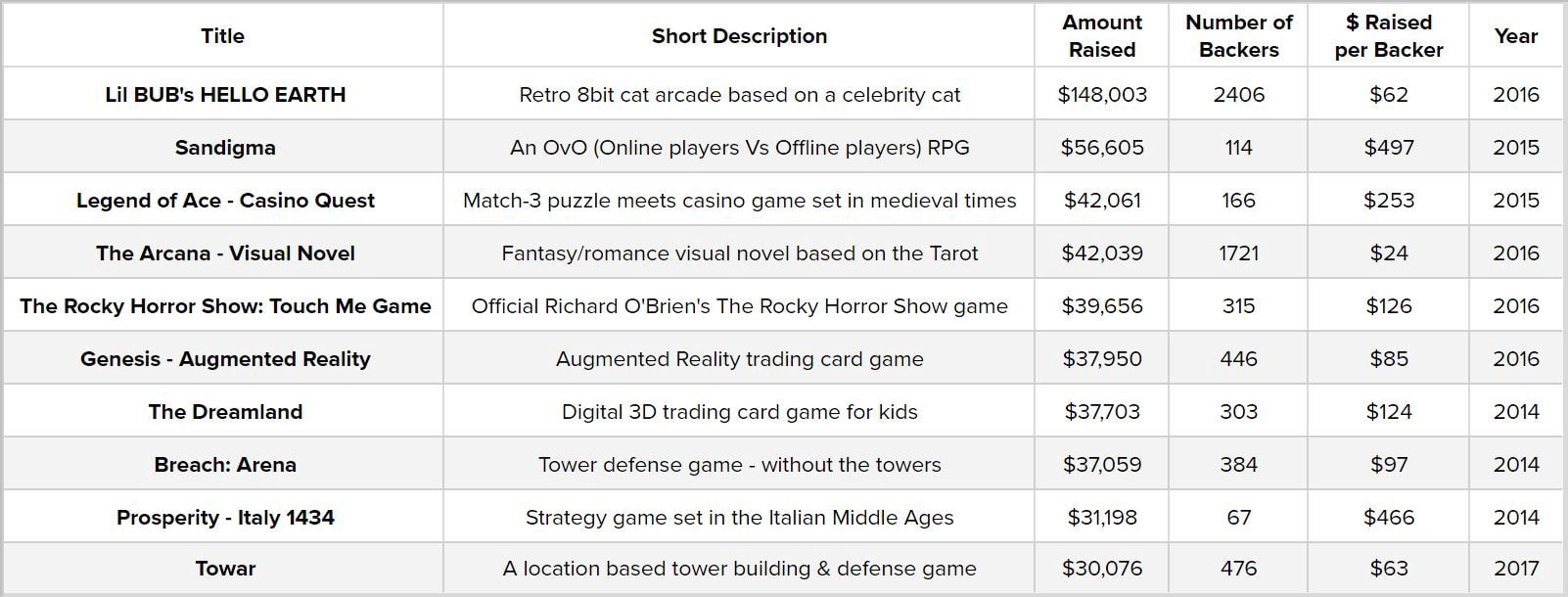
The top 10 of successfully funded mobile games on Kickstarter
What type of games work?
While these numbers don’t look hopeful, there are a few cases where it’s worth considering a launch via crowdfunding. In particular, if one of these points applies:
- Pop culture reference
If a game has a theme with a strong fan base outside of core gaming audiences, these users can be mobilized for a campaign, case in point: the Lil Bub, and The Rocky Horror Show: Touch Me Game. - Strong niche audience
Games with a niche focus have a chance of activating users interested in exactly that type of content. Sandigma, Legend of Ace, Prosperity Italy 1434, and Breach: Arena are examples of games with a unique combination of setting and game-play that seem to appeal to a small but dedicated fan base. - Educational content
Among the successfully funded games in the mid-budget range (around $10K) there are quite a few games for learning a language (e.g. Chinese, Japanese) or skill (e.g. Piano). Educational content is also strong among the non-gaming apps that secured crowdfunding.
Other advantages of crowdfunding
Apart from raising money, crowdfunding has a number of other potential upsides for developers at a very low risk: Kickstarter and similar platforms take a fee (around 5%) only if a project gets funded, if funding isn’t successful, there are no fees.
This makes crowdfunding a valid opportunity during different stages of a game’s life cycle:
Conception
- Proof of concept
User testing s is a proven way to test a game’s concept before launch. A crowdfunding campaign can provide answers to whether the idea behind a game is strong enough even before writing a line of code. People on crowdfunding sites don’t expect a finished product; they want to be excited about a vision. - Testing messaging and assets
Why should users care about this game in particular among thousands? A crowdfunding campaign offers the possibility to test the core messages and asset styles long before launching in the app store. Lessons learned at this phase are great for optimizing the game for the app store later on. Also, a lot of these assets can be reused in the store later.
Production
- Ongoing feedback
“From previous experience on publishing an app on the AppStore, coding it is only half of the work”, said Raul Rea, the creator of The Walker App, that got $4200 in funding on Kickstarter. “The Kickstarter community is awesome. Besides helping you fund your project they provide invaluable feedback needed to make it succeed.” - Building excitement and momentum
Due to its limited time and clear funding goal, a crowdfunding campaign is a great way to drive a sense of urgency among supporters that is otherwise missing in the mobile game space. - Getting to know your core demographics
Crowdfunding gives invaluable insights into the demographics of a user base who are willing to pay for a game — and also how much they are willing to spend (for example, if the highest paying backers are from Japan it makes sense to localize the game in Japanese).
Launch
- PR
A successful crowdfuning game can make for a nice PR boost upon lanching the game. There are also a number of blogs reporting regularly on Kickstarter projects. - Word of mouth
An engaged audience that is anticipating a game they’ve backed will be more likely to spread the word once it’s launched, boosting social media signals, visibility, and, hopefully, downloads. - App Store Reviews
Once an app is live in the stores, reviews are the lifeblood to generate conversions. With an engaged community from a crowdfunding run, there is a good chance to get a boost of organic positive reviews from supporters.
Would you consider giving crowdfunding a try when launching a mobile game or app — or have you tried it? Please let us know in the comments. Also, spread the ❤ if you found this post worthwhile.
Table of Contents



